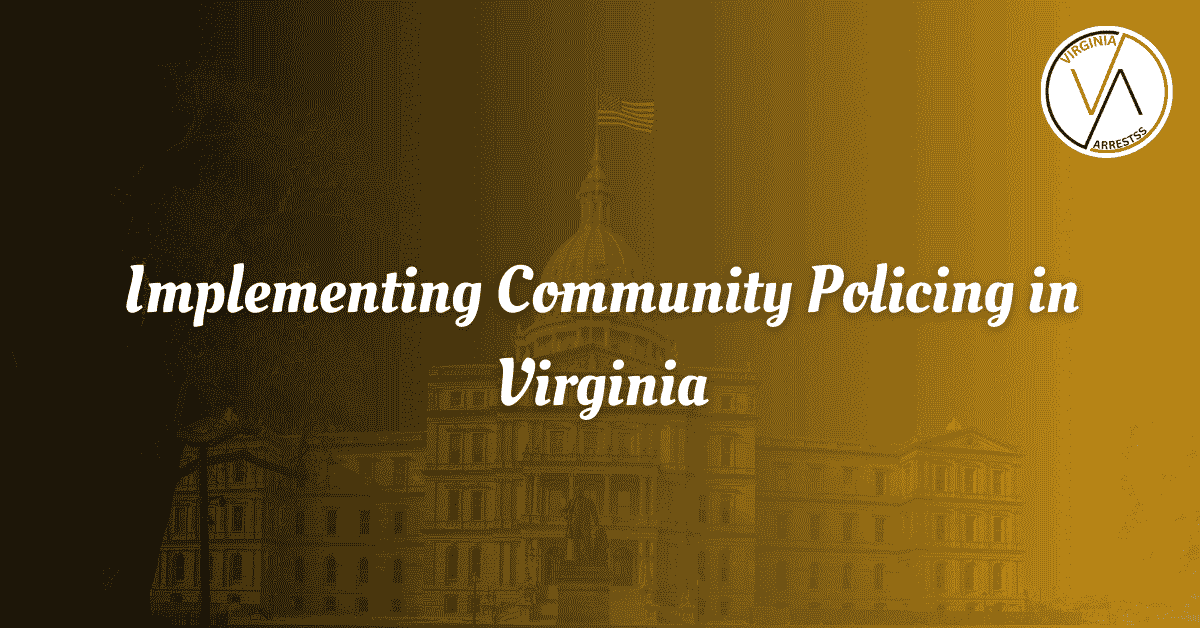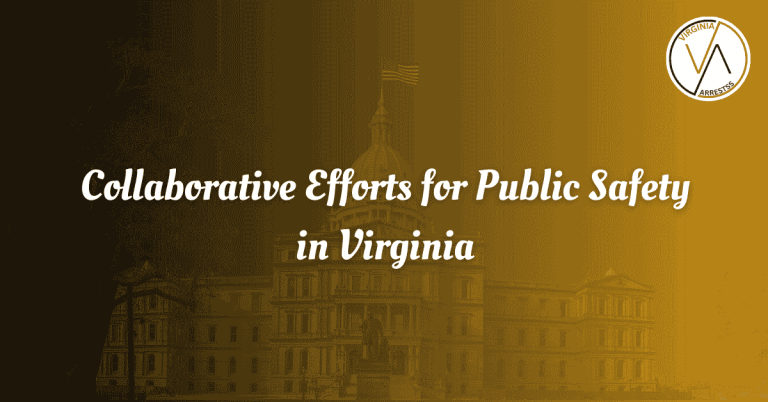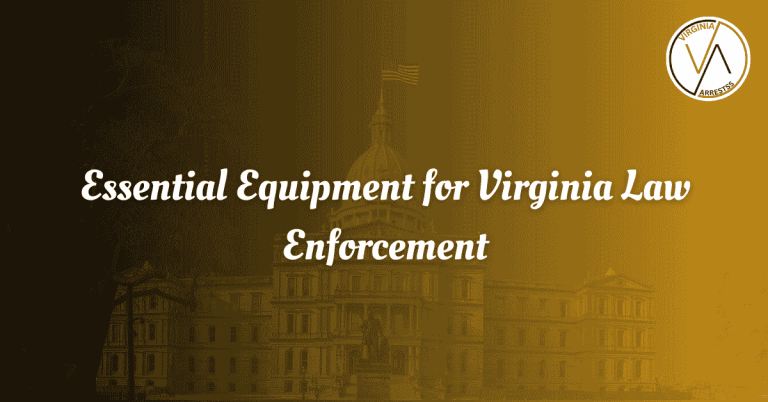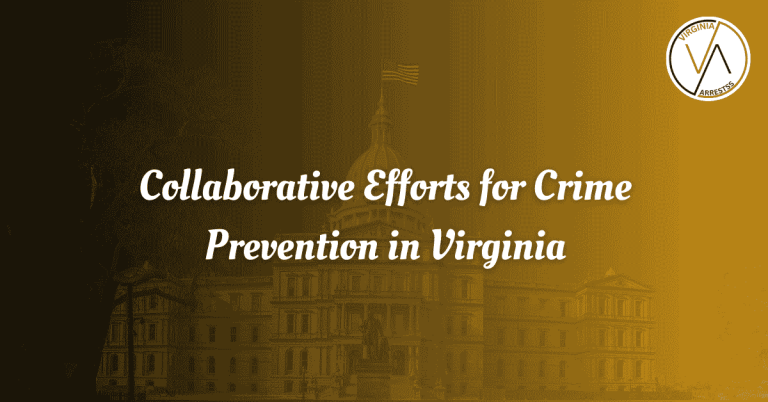Implementing Community Policing in Virginia
Community policing in Virginia focuses on building strong relationships between law enforcement agencies and the communities they serve. By working together, both parties can address crime and safety concerns effectively. Implementing community policing strategies involves engaging with residents, collaborating on problem-solving, and promoting trust and transparency.
In Virginia, community policing initiatives aim to create a safer and more connected environment for all residents. By involving community members in decision-making processes and encouraging open communication, law enforcement agencies can better understand and address the needs of the community. Through proactive engagement and partnership-building, the implementation of community policing in Virginia is essential for fostering a sense of security and cooperation among residents and law enforcement professionals.
Benefits of Community Policing in Virginia
Community policing in Virginia has proven to enhance public safety through collaboration between law enforcement agencies and the communities they serve. By working together, both parties can address local concerns and develop proactive strategies to prevent crime effectively.
Enhancing Public Safety Through Collaboration
Community policing in Virginia focuses on building strong partnerships between law enforcement and community members to create a safer environment for all. Through open communication and collaboration, residents feel more empowered to report crimes and work with law enforcement to address safety issues.
Building Trust Between Law Enforcement and Communities
One of the key benefits of community policing in Virginia is the establishment of trust between law enforcement officers and community members. By engaging in positive interactions and building relationships with residents, police officers can gain valuable insights into local concerns and work together to find solutions.
Preventing Crime Through Proactive Engagement
Community policing in Virginia emphasizes proactive engagement with community members to prevent crime before it occurs. By involving residents in problem-solving and decision-making processes, law enforcement agencies can address underlying issues and create a safer environment for everyone.
Key Principles of Community Policing
Community-oriented policing in Virginia is based on the principles of building trust, collaboration, and problem-solving within communities. By adopting a proactive and community-oriented approach, law enforcement agencies can address local concerns effectively and prevent crime.
Community-Oriented Approach to Law Enforcement
Community policing in Virginia focuses on building strong relationships with residents and working together to address safety concerns. By adopting a community-oriented approach, law enforcement agencies can gain valuable insights into local issues and develop tailored solutions to prevent crime.
Problem-Solving Strategies for Local Concerns
Community policing in Virginia emphasizes problem-solving strategies to address local concerns effectively. By working with community members to identify underlying issues and develop solutions, law enforcement agencies can create a safer and more secure environment for everyone.
Implementation Strategies for Law Enforcement Agencies
Law enforcement agencies in Virginia can implement community policing strategies by actively engaging with community members and residents. By listening to community needs and developing collaborative solutions, police officers can build trust, prevent crime, and enhance public safety.
Engagement with Community Members and Residents
Effective community policing in Virginia relies on active engagement with community members and residents. By building strong relationships and fostering open communication, law enforcement agencies can gain valuable insights into local concerns and work together with residents to address safety issues.
Listening to Community Needs and Developing Solutions
Community policing in Virginia emphasizes the importance of listening to community needs and developing tailored solutions to address local concerns. By actively involving residents in problem-solving and decision-making processes, law enforcement agencies can create a safer and more secure environment for everyone.
Frequently Asked Questions
Find answers to commonly asked questions about Implementing Community Policing in Virginia below:
What is Community Policing?
Community policing is a strategy that focuses on building ties and working closely with the community to proactively address public safety issues. It involves collaboration between law enforcement and the community to identify and solve problems together.
How is Community Policing Implemented in Virginia?
In Virginia, community policing is implemented through various initiatives such as establishing partnerships with community organizations, conducting regular meetings with residents to address concerns, and providing training to law enforcement officers on community engagement and problem-solving.
What are the Benefits of Implementing Community Policing?
The benefits of implementing community policing in Virginia include improved trust between law enforcement and the community, reduced crime rates, increased public safety, and enhanced quality of life for residents.
How Can I Get Involved in Community Policing Efforts in Virginia?
You can get involved in community policing efforts in Virginia by joining neighborhood watch programs, attending community meetings with law enforcement officials, volunteering with local organizations that support community policing initiatives, and participating in community events aimed at promoting safety and cooperation.
What Challenges are Faced in Implementing Community Policing in Virginia?
Some challenges faced in implementing community policing in Virginia include resistance to change within law enforcement agencies, limited resources for community engagement programs, lack of trust between law enforcement and marginalized communities, and the need for ongoing training and support for officers.
How Does Community Policing Improve Police-Community Relations in Virginia?
Community policing improves police-community relations in Virginia by fostering open communication, building mutual trust and respect, promoting transparency in law enforcement practices, and involving residents in decision-making processes related to public safety. It creates a collaborative environment where both law enforcement and the community work together to address issues and build a safer community for all.







